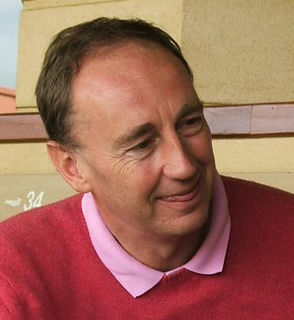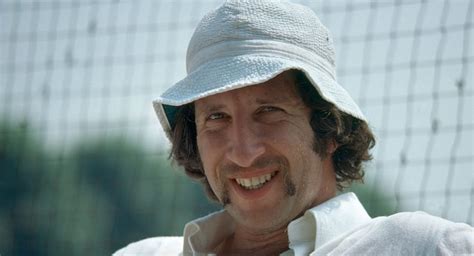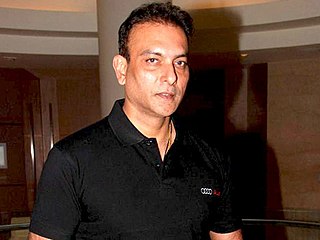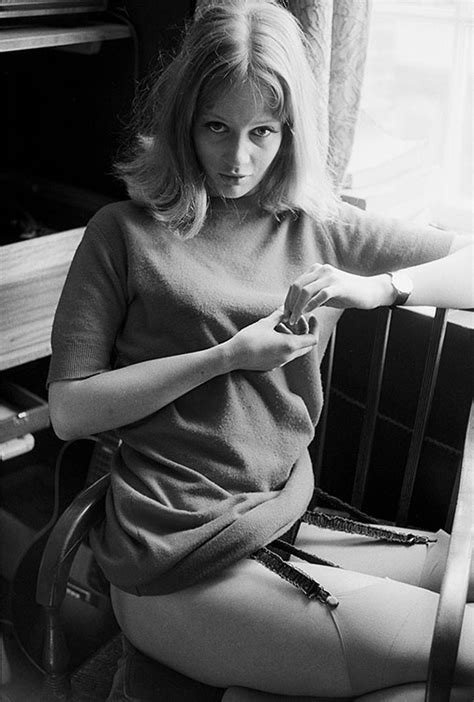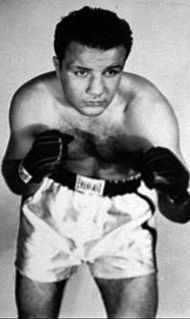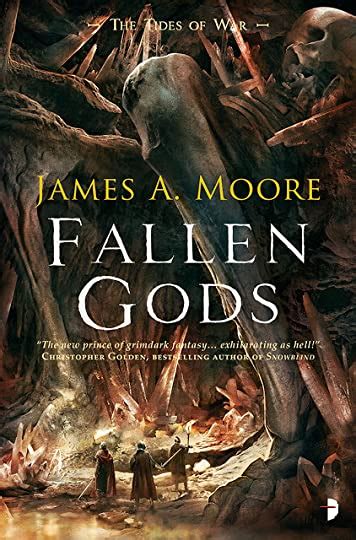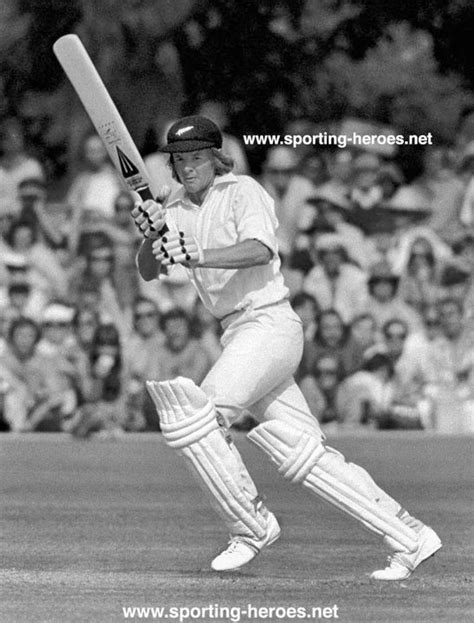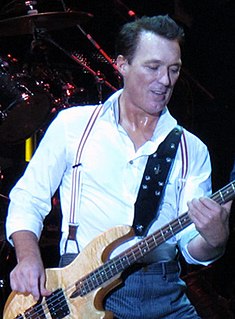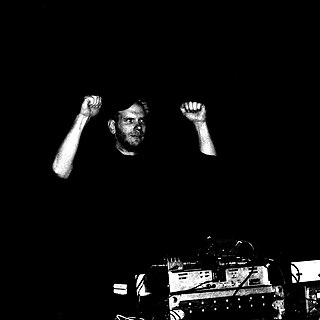A Quote by Jonathan Agnew
I played at school then signed up with Leicestershire when I was 18, for £20 per week. In those days cricket wasn't a full-time job; in the winter you had nothing to do.
Related Quotes
Initially when I moved over to Italy it was really easy because I was living my dream. Everything was brand new. Then I began to get into the routine: training, school, home, home, school, training. That's all I did for 18 months. I had 20 euros to live on a week and I couldn't do anything else, because you can't with that amount of money.
As a child I played cricket as a hobby. Once you started playing for your school, you became more ambitious. You reckoned you could play for the state. Then you started to think about the country. But it happened so quickly for me, I started playing for the school at 13, for Bombay at 17, and at 18 I was in the Indian side.
Gallup defines a good job as 30+ hours per week for an organization that provides a regular paycheck. Right now, the U.S. is delivering at a staggeringly low rate of 44%, which is the number of full-time jobs as a percent of the adult population, 18 years and older. We need that to be 50% and a bare minimum of 10 million new, good jobs to replenish America's middle class.
Maybe if I'd gone in younger, I wouldn't have had that feeling, but I've seen an enormous amount of changes since the early-'70s in how this stuff is shot. I did the first TV movie ever shot in 18 days; before this film the normal length of shooting a TV movie was between 21 and 26 days. We shot a full-up, two-hour TV movie in 18 days with Donald Sutherland playing the lead, who had never worked on television before.
I've liked music since I can remember and the guitar was always the most attractive thing about music to me at that time. I played guitar in a high school band. I played guitar in various other bands up until I was 20, but nothing too serious. From time to time someone would ask me to play with a group, but I stopped playing with band-oriented projects as a whole soon after.
